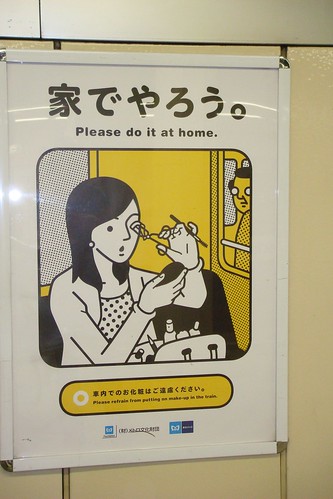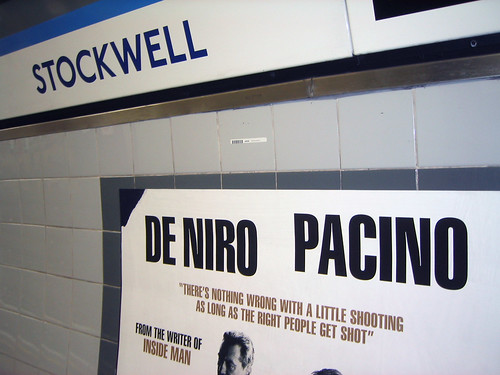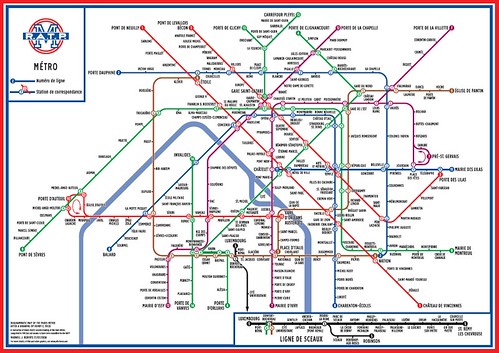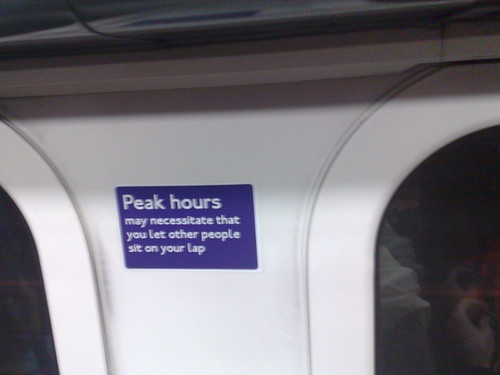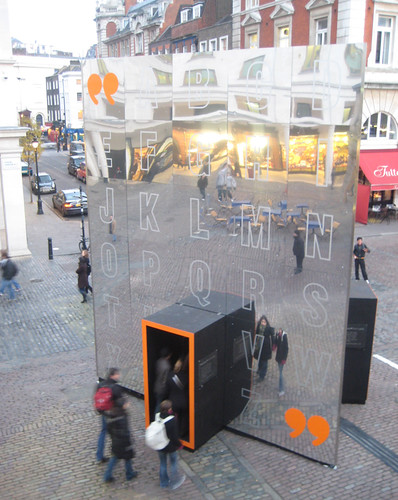As a follow up to the
Future of Reading on the Tube post which stimulated a really thoughtful discussion, I've been given some great prizes from
Blurb books & last week was also able to attend a debate at
Channel 4 - Game Up! on whether games have become the new reading and whether games can tell a story.

One of the themes that came up frequently at our session on the
Future of the Book at
Amplified08 was the different types of storytelling we were exposed to. Much of the gaming that people (particularly kids and young adults) play have complex and hugely imaginative narratives that rival the amazing worlds and adventures that classic writers such as Homer, Shakespeare and Tolkien created.

A fascinating panel was made up of blogger & writer Cory Doctorow of Boing Boing fame who's now published his first novel for young adults –
Little Brother;
Adrian Hon, the co founder of Six to Start – and a leading alternate reality game designer, who produced Perplex City, the world's first commercially successful ARG, Alice Taylor, Commissioning Editor of Education at Channel 4 & founder of gamecentric blog
www.wonderlandblog.com;
Andy Walsh, games writer, developer & story consultant and Derek Robertson a teacher & adviser for learning and emerging technologies with
Learning and Teaching Scotland. Channel 4 also managed to rope in a couple of token teenagers to sit on the panel, so it was nice to hear what two 17 year old, self confessed addicted gamers thought on the subjects.
Hopefully, others have covered the debate better than me, but the panellists set out to cover the following issues: Where do we get our stories from and what do we want from stories now? What type of narratives do games offer and what does this mean for writers and readers? How can we build on this relationship to grow both the reading and the gaming market?

Something that often comes on the subject of digitalising books is the concept of copyright, ownership and whether the author will get paid if their work is freely shared on the internet. I've heard
Neil Gaiman make the point that he doesn't mind when his work is shared for free and encourages it. Sometimes I think that's pretty easy for a best selling author to say. If you're minted of course you don't really care a few people "steal" or freely distribute your work. However, Cory made more sense of this opinion.
However, with consuming books and story telling online, content isn't necessarily king, but "Community is King". Cory spoke about fan fiction and the amazing forums & stories built around other people's work. When your book stops becoming something someone
reads and becomes something someone
does, then you've really engaged the reader. He argues that this shouldn't hurt sales as you still have to have read the original book to take part in the community, otherwise you're on the outside, not the inside.
Interestingly the teenagers' take on this was that you can't exactly read a book with a friend, but you can play a game with a friend. This is true, and unless you're forced to read someone's book cos you're stuck next to them on a Tube with nowt else to read, reading is generally a solitary experience. Admittedly there are a huge amount of book groups now which take shared reading to another level.

As I mentioned in our session on the
Future of the Book, whatever we think about Richard & Judy's Book Group it's managed to get more people reading than any recent initiative I've come across in the UK (even if it means the Stepford Wives approach to reading shown above).
Gaming with extended narratives & other online experiences can make our reading a lot more social. Making it more social is bound to increase the audience & isn't that what all writers want? Adrian Hon was lead developer with Penguin books "
We tell Stories" project. Writers produced work for the internet and were not only able to do some experimental stuff involving Google maps, but also reached thousands more people than they could have hoped to in print. 200,000 people read
21 Steps, which would have made the book a major best seller if it had come out in print.
Derek Robertson said that he was using games like
Guitar Hero as "contextual hooks" for children to write stories about imaginary rock stars. He had a major battle with parents who felt that their kids shouldn't be playing computer games but learning. However, once he showed them what could be achieved when children were allowed to explore words & writing through games they were much happier with the idea.

Derek also used old radio plays from the 1930's and 1940's as learning aids. He felt that a lot of the mysterious "film noir" and detective plots from those days had a lot of bearing on current popular games and interactive mystery novels like
Hotel Dusk. Again the children managed to become involved as writers rather than just passive readers, which not only increased their enjoyment of the story but also taught them writing skills like creating suspense, tension and ending stories so that people wanted to tune in to find out what happened next.
Adrian Hon made the point that a lot of people are worried that gaming means that people are reading less. He said the counter argument is often used that people are actually reading more words now as many games have lots of words in them. He argues that this whole concept is fairly stupid as it shouldn't be a competition based on how many words people read. Isn't it about the quality of those words? Or the context of those words? Or what reading those words leads us to do next.
You can catch Adrian Hon continue a discussion on
The Death of Reading this Wednesday at a mini London Geek Dinner.
The whole debate raised a number of interesting issues and I particularly appreciated the points about making stories available online giving authors a wider audience. In our
Future of the Book session we spoke about how everyone can became an author or at least have a worldwide audience through blogs & other online forums. It's much easier to take that even further and if you want people to experience your work in a more traditional & portable form through a book – self publishing is easier than it's ever been.
Thanks for making it this far into the post, and there's a special treat for doing so. The guys at
Blurb books are all about giving everyone the opportunity to create really great quality books & they've very kindly donated five £20 vouchers to make a book.

It's pretty simple to win one, just tell us (in a couple of lines or paragraphs) why you'd like a
Blurb book and what you'd do with it. It might be as basic as wanting to see how your blog might work as a book. It may be that you've a load of pictures from your holiday that you think would make a great gift for your family. You may want to become the next Nigella Lawson or Hugh Fearnley-Whittingstall & have some recipes that could make a fab cook book. Whatever. Just leave your reason in the comments below & if you've also got a website, blog or Flickr set to show us what you want to publish, add the URL to help us choose the winners.
You've got until
23.59pm UK time on Monday 15th December to do this and
Blurb & their agency will choose the five winners. Don't forget to leave an email address or website so we can contact you.
Best of luck with the competition and please feel free to leave any thoughts you might have on reading and gaming too.
















